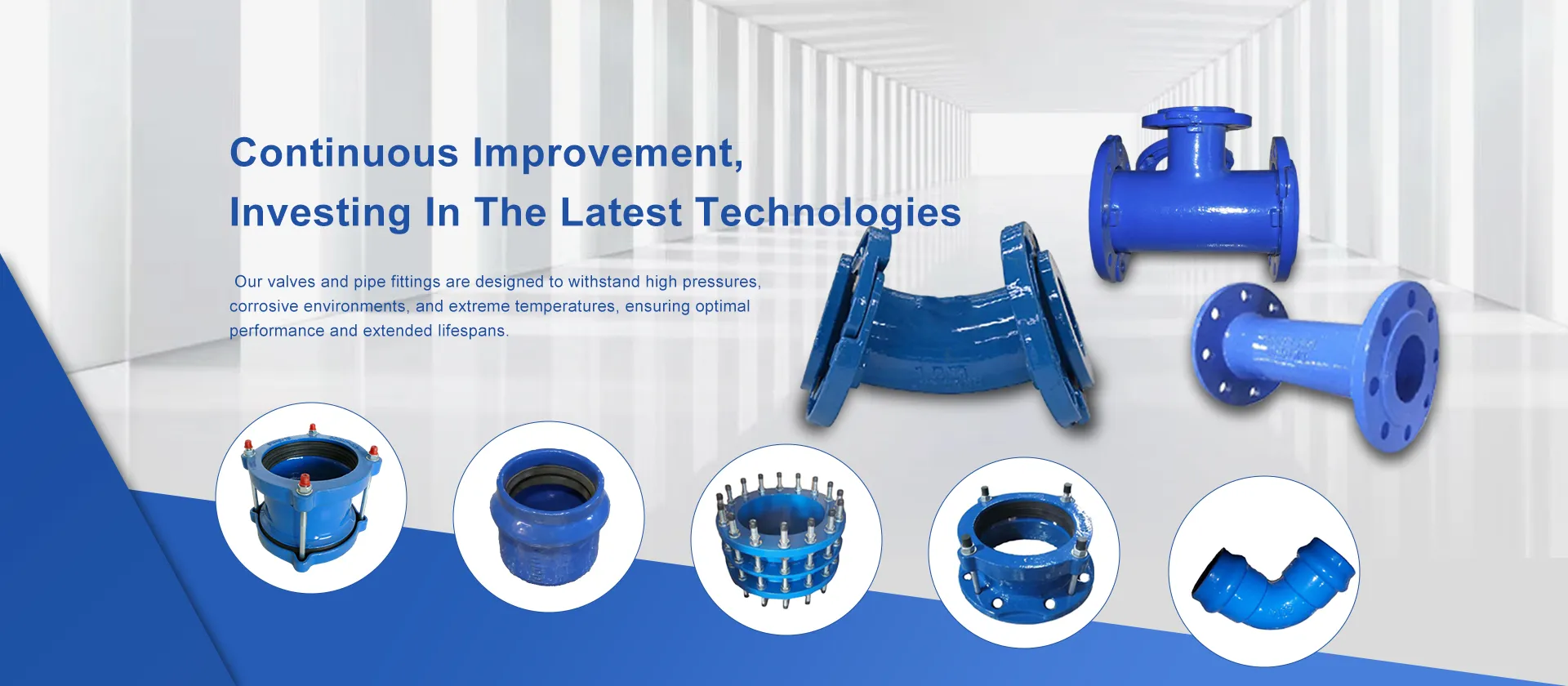Exploring Sustainable Solutions for Rainwater Harvesting and Grating Systems
Rainwater Grating Harnessing Nature's Resource
Rainwater harvesting has become an increasingly popular topic in sustainable development, particularly in regions facing water scarcity. Among the various methods for collecting rainwater, rainwater grating offers a promising and efficient approach to utilize this valuable resource more effectively. This article delves into the concept of rainwater grating, its benefits, and the potential it holds for communities worldwide.
Rainwater grating refers to the use of grates or grids strategically placed in urban infrastructure to collect rainwater runoff from surfaces such as roads, sidewalks, and rooftops. These grates direct the rainwater into underground storage systems or gardens designed for infiltration. By capturing rainwater before it has the chance to evaporate or flow into drainage systems, rainwater grating efficiently channels this water for various uses, such as irrigation, flushing toilets, or even potable water after proper treatment.
Rainwater Grating Harnessing Nature's Resource
In addition to mitigating flooding, rainwater grating also plays a crucial role in replenishing groundwater supplies. As rainwater is collected and allowed to infiltrate back into the earth, it replenishes aquifers, which are vital sources of drinking water for many communities. With the increasing threat of over-extraction from these sources, sustainable practices like rainwater grating can help balance demand with natural replenishment.
rain water grating

Moreover, rainwater grating can enhance urban green spaces. By integrating grates into landscaped areas, rainwater can support vegetation growth, creating more lush and biodiverse environments within urban settings. Parks, gardens, and green roofs can all benefit from the additional moisture, leading to improved air quality and increased biodiversity. Such green spaces not only enhance aesthetic appeal but also provide recreational areas that promote community well-being.
From an economic perspective, implementing rainwater grating systems can lead to significant savings. By harnessing rainwater for non-potable uses, cities can reduce their reliance on municipal water supplies, decreasing water bills for residents and businesses. Furthermore, many governments offer incentives for sustainable water management practices, providing financial assistance for the installation of rainwater grating systems. This combination of reduced costs and potential funding makes rainwater grating an attractive investment for urban planners.
In terms of environmental impact, rainwater grating contributes to the overall sustainability of cities. By capturing rainfall and reusing this water, we reduce the demand on freshwater resources, which are becoming increasingly scarce due to population growth and climate change. Additionally, filtering rainwater through grating systems allows for the removal of pollutants before reaching natural waterways, thereby enhancing water quality in local rivers and lakes.
In conclusion, rainwater grating presents a multifaceted solution to several pressing challenges faced by urban areas, including flooding, groundwater depletion, economic strain, and environmental degradation. By effectively utilizing rainwater as a resource, communities can promote sustainability, enhance quality of life, and build resilience against climate change. As cities continue to grow and the impacts of climate change intensify, adopting innovative practices like rainwater grating will be essential for ensuring a sustainable and resilient future for urban populations.
-
The Smarter Choice for Pedestrian AreasNewsJun.30,2025
-
The Gold Standard in Round Drain CoversNewsJun.30,2025
-
The Gold Standard in Manhole Cover SystemsNewsJun.30,2025
-
Superior Drainage Solutions with Premium Gully GratesNewsJun.30,2025
-
Superior Drainage Solutions for Global InfrastructureNewsJun.30,2025
-
Square Manhole Solutions for Modern InfrastructureNewsJun.30,2025
-
Premium Manhole Covers for Modern InfrastructureNewsJun.30,2025
